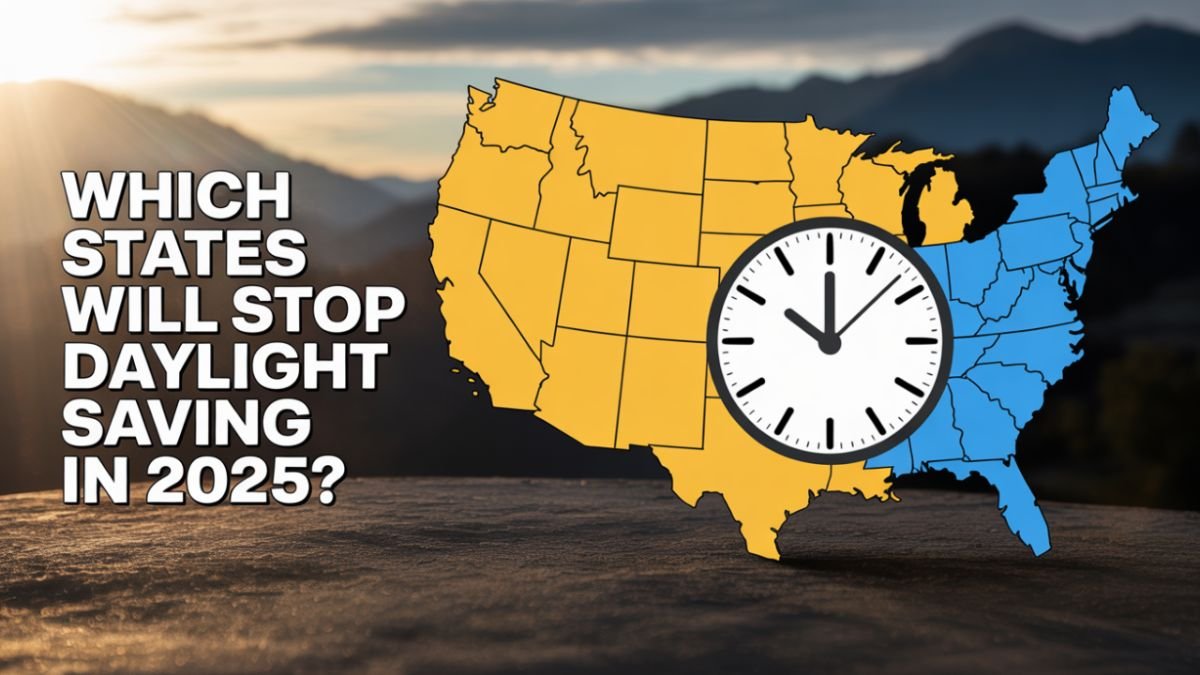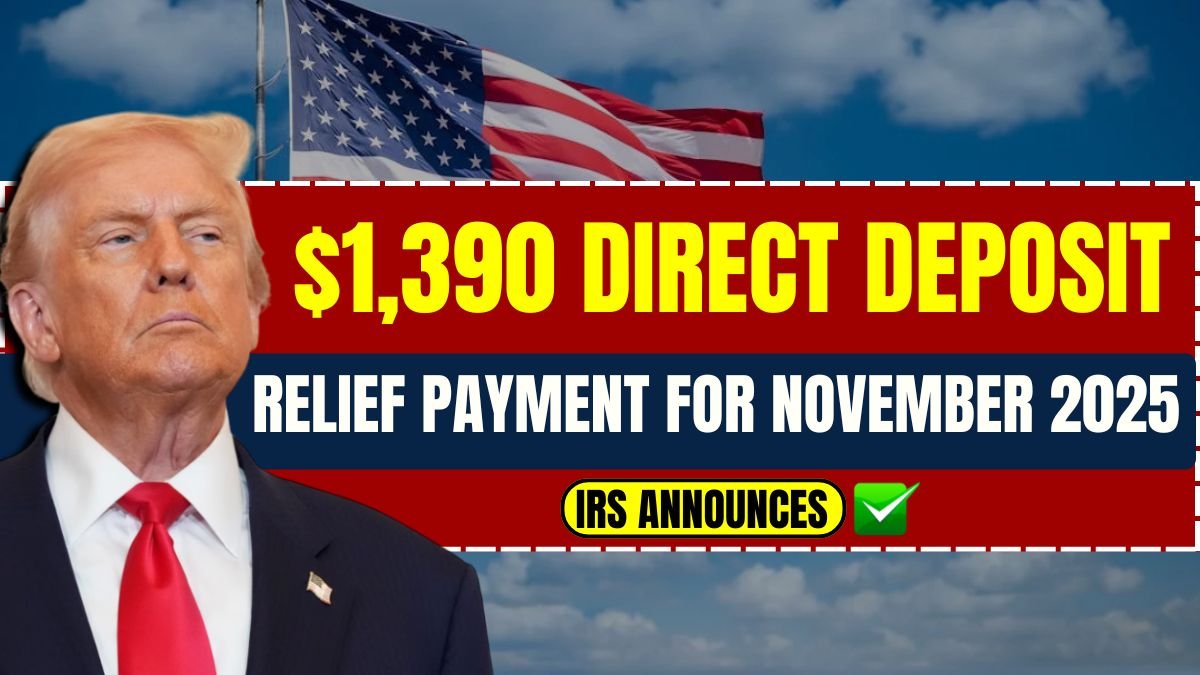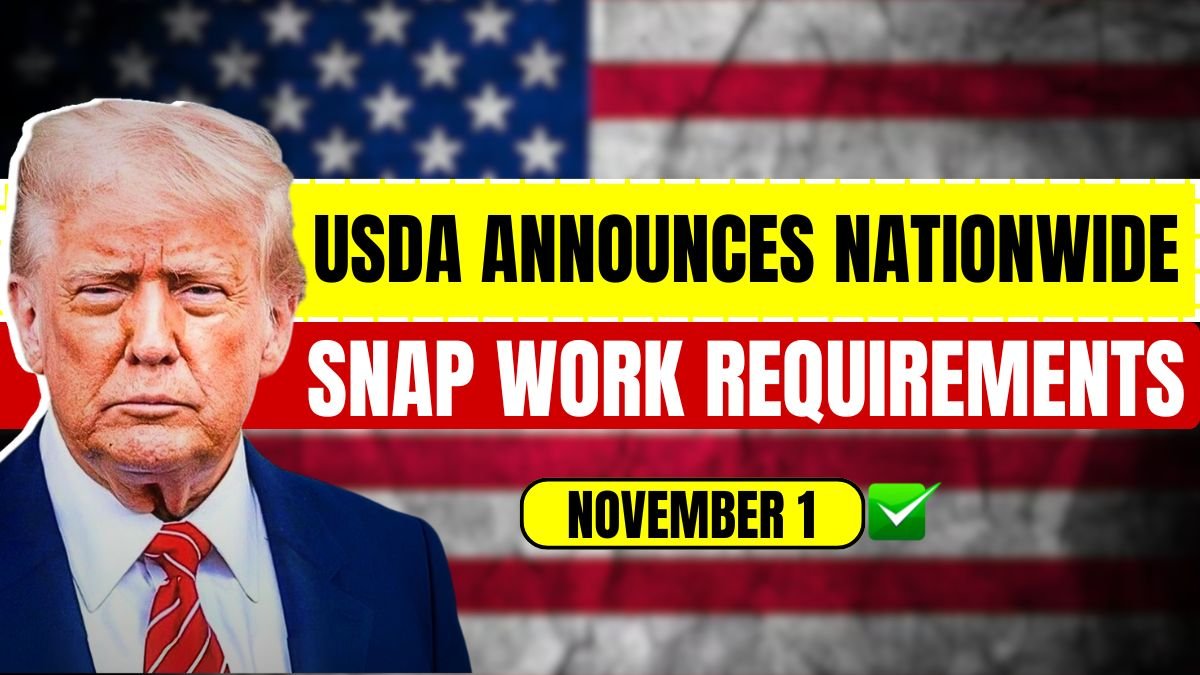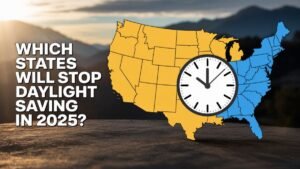Millions of Verizon wireless customers across the United States are now eligible for payments as part of the Verizon Settlement 2025, a $100 million class action resolution addressing claims of undisclosed administrative fees. The settlement, which received final court approval in April 2024, marks one of the largest consumer billing settlements in the U.S. telecommunications sector in recent years.
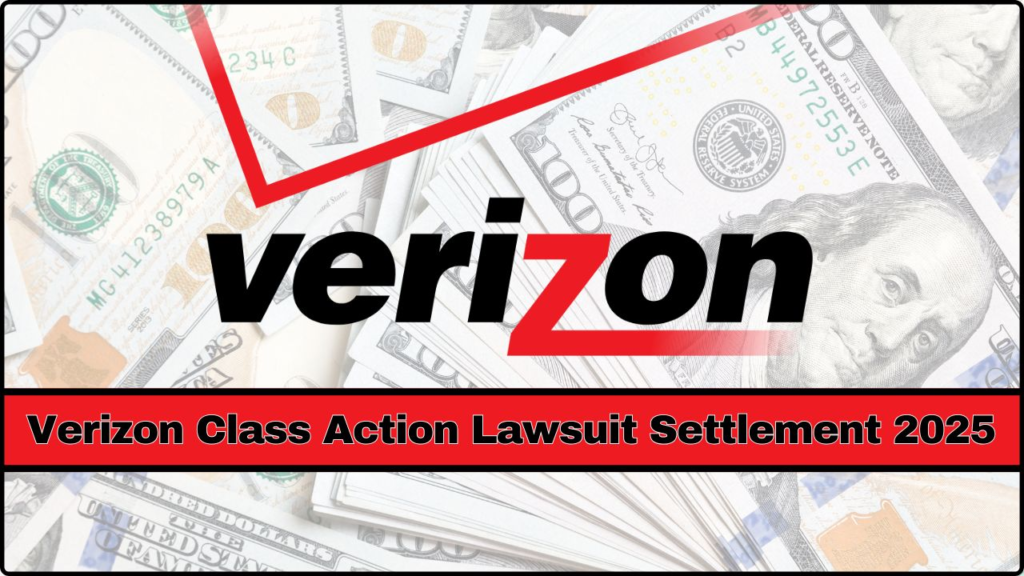
The case centers on allegations that Verizon Communications Inc. added recurring “Administrative and Telco Recovery Charges” to monthly bills without adequately informing customers about their nature or purpose. Verizon has denied any wrongdoing but agreed to the settlement to resolve the legal dispute.
Verizon Class Action Lawsuit Settlement 2025
| Key Detail | Information |
|---|---|
| Total Settlement Amount | $100 million |
| Eligibility Period | January 1, 2016 – November 8, 2023 |
| Individual Payment Range | $15 minimum, up to $100 maximum per customer |
| Claim Deadline | April 15, 2024 |
| Final Court Approval | April 26, 2024 |
| Estimated Number of Eligible Users | Over 50 million current and former Verizon customers |
How the Verizon Settlement 2025 Came About
The roots of the case trace back to growing consumer complaints between 2018 and 2022, when many Verizon customers noticed unexplained line items on their monthly bills labeled “Administrative and Telco Recovery Charges.” While small individually — typically between $1.95 and $3.30 per month — the fees represented hundreds of millions of dollars collectively over several years.
Consumer plaintiffs argued that the company failed to clearly explain that these charges were not taxes or government-imposed surcharges, but discretionary fees set by Verizon itself.
“This case isn’t just about a few dollars,” said Lydia Monroe, lead counsel for the plaintiffs. “It’s about transparency, trust, and whether companies can quietly add costs that millions of consumers don’t fully understand.”
Verizon, in its official statement, said it “strongly disagrees with the allegations” and maintained that its disclosures were adequate. “Our administrative charge helps us recover certain network-related costs,” the company stated, emphasizing that the decision to settle was not an admission of wrongdoing.
Verizon Class Action Lawsuit Settlement 2025 Eligibility and Payout Structure
Who Qualifies
The class includes all U.S. customers who held post-paid wireless or data plans and were billed the relevant administrative fees during the eligibility window from January 1, 2016, through November 8, 2023. Prepaid users and customers outside the U.S. are not included.
How Much Customers Will Receive
Each eligible class member is entitled to a base payment of $15, plus an additional $1 for each month they were charged the fee, with a cap of $100 per person.
For example:
- A customer charged the fee for 20 months will receive $35.
- A customer charged for 100 months will receive the maximum $100.
The final payout depends on the number of valid claims filed. Settlement administrators estimate that the average payout will be between $25 and $40 per person, depending on claim volume.
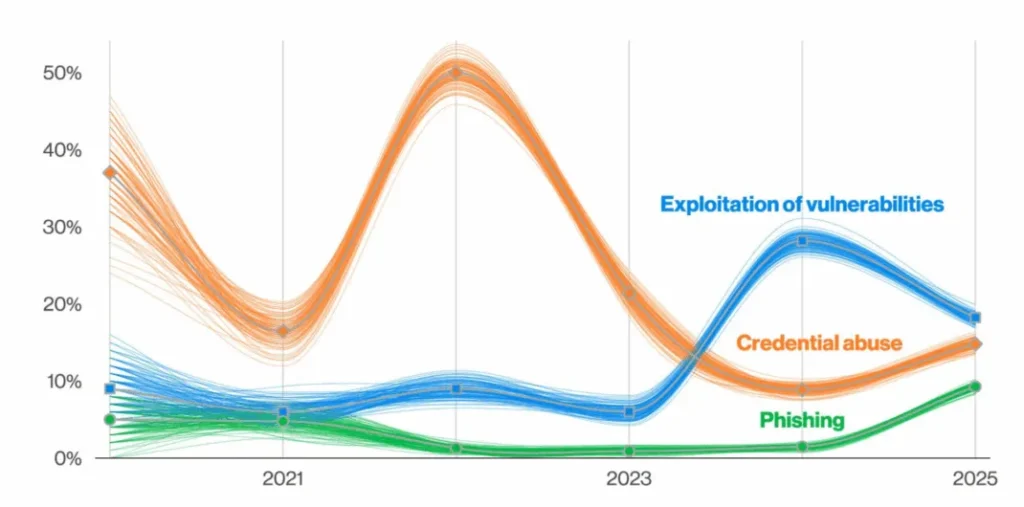
Why Administrative Fees Are Controversial
Administrative charges are common across the telecom industry, often added after a plan price is advertised. Critics say these fees create a “misleading pricing gap” between the advertised price and the amount customers actually pay.
According to a 2023 Pew Research Center study, 72% of U.S. wireless subscribers reported being confused by at least one line item on their bill. “Consumers often assume these are government-imposed taxes,” said Dr. Emily Chen, a telecommunications policy researcher at the University of Pennsylvania. “But in reality, many of these charges are determined solely by the carrier.”
The U.S. Federal Communications Commission (FCC) requires carriers to provide “truthful and non-misleading information” on billing statements but has historically not regulated the amount or structure of administrative fees.
Legal and Regulatory Landscape
The Verizon settlement adds to a growing wave of class actions over opaque billing practices in the telecom sector. In 2021, AT&T agreed to pay $14 million to settle similar claims over administrative fees. In 2023, T-Mobile faced a proposed class action over “Regulatory Program Fees.”
“This is part of a pattern,” said Jonathan Reyes, senior policy analyst at the Brookings Institution. “Telecom companies have leaned on administrative charges as a revenue tool. Courts are starting to question whether that’s fair to consumers.”
Although the FCC has not proposed new regulations directly tied to this case, several consumer groups are calling for clearer standards. Public Knowledge, a Washington-based consumer advocacy organization, has urged lawmakers to require plain-language fee disclosures.
Economic Impact on Verizon and the Industry
The $100 million settlement represents a small fraction of Verizon’s annual revenue, which topped $134 billion in 2023, according to company filings. But the reputational impact could be more significant.
Verizon’s administrative fee alone reportedly generated over $1 billion annually, according to estimates from MoffettNathanson, a telecom research firm. “It’s not the size of the payout that matters,” said Colin Avery, a senior industry analyst. “It’s the signal that regulators, courts, and consumers are watching more closely.”
Other carriers may adjust their billing language to avoid similar legal exposure. Analysts expect greater scrutiny of “junk fees” in upcoming FCC and Congressional hearings.
Timeline: From Complaint to Payout
- 2018–2022: Growing number of consumer complaints about undisclosed Verizon fees.
- June 2023: Class action lawsuit filed in a California federal court.
- November 2023: Settlement negotiations begin.
- January 2024: Preliminary settlement approval granted.
- April 15, 2024: Claim filing deadline.
- April 26, 2024: Final settlement approval by court.
- January 2025 onward: Payouts begin.
How to Check Your Claim Status
Consumers who filed claims can check their status by visiting the official settlement website:
- Website: www.VerizonAdministrativeChargeSettlement.com
- Phone: 1-833-512-2314
- Mail: Verizon Administrative Charges Settlement, P.O. Box 6810, Portland, OR 97228-6810
The settlement administrator warns of fraudulent websites and phishing attempts. Official communications will not ask for Social Security numbers or unrelated personal financial information.
Consumer Reactions: “It’s About Trust”
For some customers, the settlement represents more than money.
“I never even noticed those charges until I read about the lawsuit,” said Jason Roberts, a Verizon customer from Chicago. “It’s not the amount — it’s the principle. If a company is going to charge you, they should say why.”
Consumer groups say this reaction is widespread. A 2024 Consumer Reports survey found that 6 in 10 Americans view “hidden fees” as a major trust issue in their relationship with service providers.
Broader Implications for U.S. Telecom Policy
The Verizon settlement arrives amid growing momentum for federal action on hidden fees. In late 2023, the White House announced an initiative targeting “junk fees” across sectors including telecom, airlines, and banking. The FCC has signaled interest in revisiting disclosure standards, though no formal rulemaking has been announced.
“Regulators may not set the fee amounts,” said Dr. Nadia Patel, a telecom law professor at Georgetown University. “But they can — and likely will — tighten rules on how these fees are communicated.”
Industry watchers expect heightened compliance efforts by major carriers in the coming year, potentially resulting in clearer billing statements and more prominent disclosures.
Consumer Tips: Protecting Yourself Against Hidden Fees
- Scrutinize your monthly bill: Look for line items labeled “Administrative,” “Regulatory,” or “Surcharge.”
- Compare your plan cost to your actual payment: Hidden fees can make the true cost significantly higher.
- Ask your provider for explanations in writing: Carriers are required to provide clear billing information.
- File complaints with the FCC or state regulators if charges seem unclear or misleading.
- Monitor settlement websites: Class actions often provide opportunities for affected consumers to recover small but meaningful payouts.
FAQ About Verizon Class Action Lawsuit Settlement 2025
Q1: Can I still file a claim?
No. The claim deadline was April 15, 2024. Late submissions are not being accepted.
Q2: How much will I receive?
The payout depends on how many months you were charged administrative fees and how many people filed claims. The maximum payout is $100 per eligible customer.
Q3: How will I get paid?
Payments are being issued via digital transfer or paper check, depending on the option selected at the time of filing.
Q4: What if I changed carriers or no longer have a Verizon account?
You may still be eligible if you had an active post-paid account during the eligibility period. Payments can be issued to former customers.
Q5: Does this settlement affect my current bill?
No. Verizon has not agreed to eliminate the administrative fee but may update its disclosures.
Looking Ahead
The Verizon Settlement 2025 underscores the growing scrutiny over telecom billing practices in the United States. While the $100 million payout is unlikely to materially affect Verizon’s bottom line, it sets a precedent that could reshape how carriers communicate costs to consumers.
“This case sends a message,” said legal analyst Maya Ortiz. “Transparency isn’t optional anymore. Consumers expect honesty, and regulators are paying attention.”
As payments continue rolling out through 2025, analysts expect other telecom companies to reassess their billing structures to avoid similar legal challenges.


